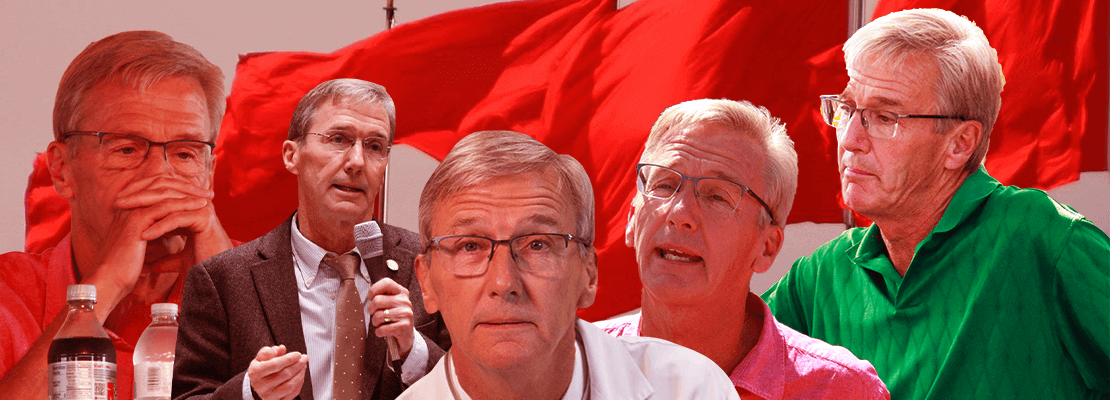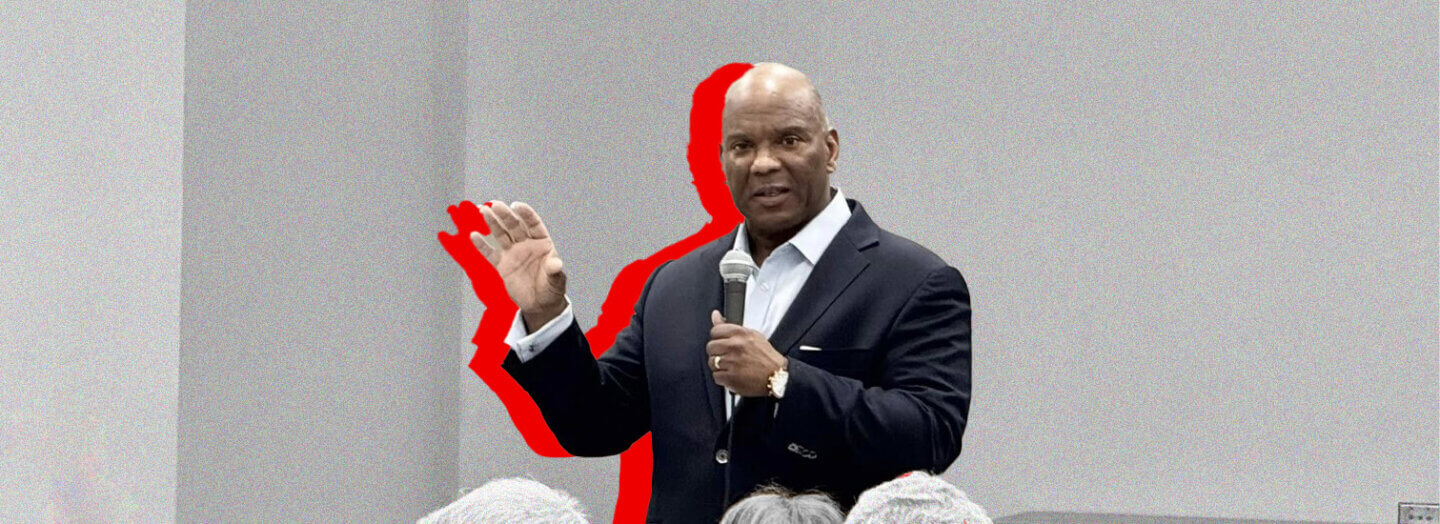Best in the Midwest.
BY:
 Triumphant news arrived for working families in Minnesota this week, as $9 per hour becomes highest minimum wage in the midwest, propelling us past Michigan ($8.15), Illinois ($8.25), and South Dakota ($8.50). It’s hard to imagine that just a few years back, Minnesota’s state minimum wage sat over a dollar less, at $6.15 per hour, than the federal minimum wage of $7.25 per hour.
Triumphant news arrived for working families in Minnesota this week, as $9 per hour becomes highest minimum wage in the midwest, propelling us past Michigan ($8.15), Illinois ($8.25), and South Dakota ($8.50). It’s hard to imagine that just a few years back, Minnesota’s state minimum wage sat over a dollar less, at $6.15 per hour, than the federal minimum wage of $7.25 per hour.
Following a period of time when MN was among the lowest minimum wages in the midwest region, this increase marks the second of a three stage increase that Minnesota put into place during the 2014 legislative session. Another increase will be coming in August 2016 — this time coming at a clip of $9.50 for minimum wage — concurrent with an automatic raise with inflation in the years to come.
As of right now, Minnesota owns the highest state minimum wage not including states situated on the east and west coasts. This includes current minimum wage frontrunners Washington & Oregon, who are setting the bar at $9.47 and $9.25 per hour, respectively. This January, California and Massachusetts will leap-frog past everyone else, both implementing increases to a $10 per hour minimum wage.
One critic of ANY minimum wage increase, Wisconsin Gov. Scott Walker, has gone on record as saying:
“The left claims that they’re for American workers and they’ve just got just really lame ideas — things like the minimum wage. Instead of focusing on that, we need to talk about how we get people the skills and the education and the qualifications that they need to take on the careers that pay far more than the minimum wage.”
That’s a great ‘perfect-world’ solution, but what happens in the meantime, when there is no solution in place to provide skills and qualifications for potential workers? We can talk about this issue all day and night, it still doesn’t help working families across the nation; ones that need minimum wage increases to add to a better quality of life.
For the sake of comparison, Wisconsin state minimum wage is currently set at $7.25; enough to just match the federal minimum wage, which is exactly where Walker and Wisconsin republicans would like to keep it.
Just across the river, however, progress is being made to elevate the quality of working families through minimum wage increases.
Minnesota Gov. Mark Dayton, as quoted in the Star Tribune, adds that the increase is an effort designed for “allowing people to earn a better living through their work. We’re not talking about handouts here. We’re talking about rewarding people who work with a better income, which makes them better citizens.”
JOIN US.
contribute to the conversation


